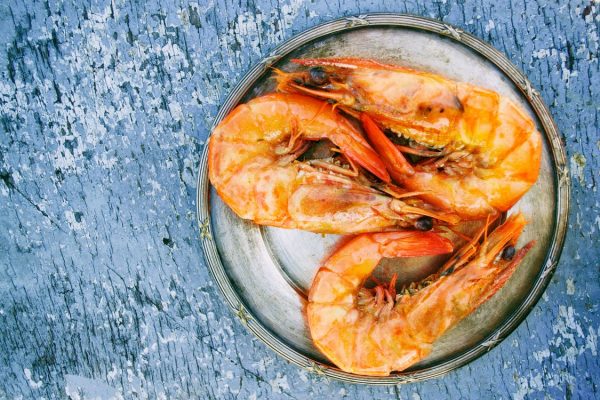Shrimps are considered to be one of the most popular seafood eaten globally.
They are tiny crustaceans who live right at the bottom of the oceans and play an important role in maintaining the ecological balance of the sea world. Shrimps contain both omega-3 and omega-6 essential fatty acids important for the brain and immune system health.
Did You Know?
- There are over 2,000 shrimp species distributed all over the world
- Shrimps contain a cancer-fighting mineral, selenium; an antioxidant that activates enzymes to fight the growth of cancer-causing free radicals.
- Shrimp are low in calories and high in protein. A medium cooked shrimp has about 7 calories and are excellent when served with healthy carbohydrates, like brown rice.
- Shrimp are highly perishable and require careful handling when purchasing, storing and cooking to prevent foodborne illness.
- When shrimp are properly packaged and immediately frozen, they can last up to one month in the back of the freezer.
- A single female shrimp is capable of producing a large number of offspring. One shrimp can lay up to one million eggs in a single session.
- Shrimps are largely found in both fresh and salt water.
- Shrimps largely travel, breed and feed in schools.
- Shrimps can swim rapidly backwards.
- Shrimp can be differentiated from prawns by checking their abdomen structure and the number of claws.
- Shrimp are high in calcium and iodine.
- Nigeria is one of the countries with an abundant, natural supply of shrimps, an annual production of 12,000 metric tons.


